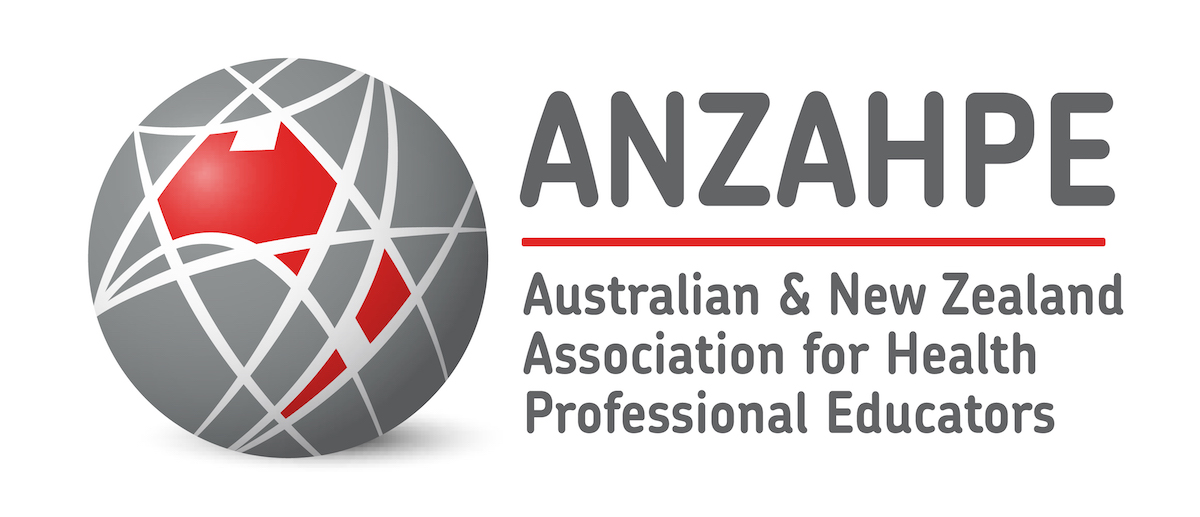What's new at ANZAHPE?
Here you will find the latest news and information from ANZAHPE.
Keeping you up to date with ANZAHPE Events, News and Articles on best practice .
Simply click on the news item below and follow the online prompts.
BECOME A MEMBERReady to join and amazing community of health professional educators? We make the process simple and easy. Click on the links and follow the prompts for our online application process. | MEMBERSHIP CATEGORIES |
CONTACT USAddress: ANZAHPE P O Box 2100, C/- Prideaux Discipline President: Dr Charlotte Denniston |
© 2019 ANZAHPE | Privacy Policy | Terms & Conditions | Website & System Design : Advance Association Management Pty Ltd |
